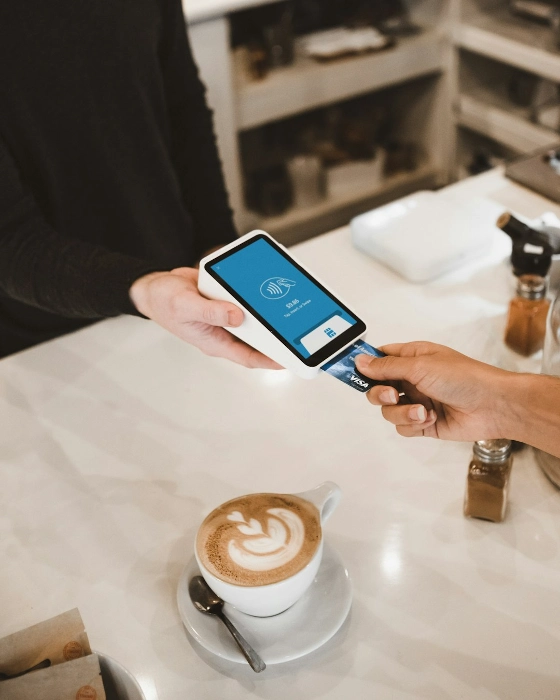How To Start Building Credit From Scratch

-
Start with a Bank Account
-
Secured Credit Cards
-
Report On-Time Payments
-
Secured vs. Prepaid Cards
-
Co-Signing a Loan
-
Managing Your Credit
Building your credit for the first time can feel a little like the chicken and the egg. To build a good credit score, you're going to need to take out a loan or get a credit card, but you can't qualify for a loan or get a credit card without some credit history, right? What do you do?
Start with a Bank Account
Let's start with a bank account. You don't really need a long credit history to open a checking account at your local bank; in fact, you may have one already. Even though a checking account won't necessarily help you build credit history with the bureaus, that account may help you get your first credit card or loan from the same provider.
You see, if you already have a history of doing good business with the bank, they know you and value that business. That existing relationship can carry some weight when it comes time to get your first line of credit, which is a good first step.
Secured Credit Cards
But if that's still not enough, here are a few other things to consider. Some banks offer credit cards for folks who want to establish, strengthen, or even rebuild their credit. It's called a secured credit card because you secure the amount you borrow with a security deposit.
In other words, you provide collateral by depositing money in an account with the bank, something the lender gets to apply for a portion of or all should you default on the loan. Your credit line is equal to the amount you deposit. You won't be able to touch that money or use it to pay off your balance, and you'll still have to prove to the bank that you have sufficient income to pay the credit card.
The good news is that the bank will be more confident that you'll pay them back, even without great credit, allowing you to build or rebuild your credit.
Report On-Time Payments
Since you'll be using your first card to build your credit, you want to make sure that, once active, your lender will report all those on-time payments to the bureaus. Before you apply, most banks and credit unions do this, but some retail store cards, for example, don't, so make sure to check ahead of time. If your payment history won't be reported by the card issuer, you may want to keep shopping for a card. Also, don't apply for a bunch of different cards if you keep striking out. All those hard inquiries and declines aren't going to help you build a score.
Secured vs. Prepaid Cards
Keep in mind a secured card is different from a prepaid card. A prepaid card allows you to load the card with a cash amount ahead of time to spend later. Prepaid cards are great for people who need a Visa or MasterCard to make a purchase and can be a terrific gift idea, but they won't help establish credit.
Co-Signing a Loan
Another way to build credit is to see if there's someone who might be willing to co-sign a loan with you. This can be any adult who is credit-worthy, including your parents or spouse. When someone co-signs a loan, you get the benefit of their good credit history, and this may help you get approved. You can then build your own credit with a good history of payment on the co-signed account. Now, whoever co-signs the loan for you is taking on a really big financial responsibility. They'll be on the hook for the debt if you run into trouble. It's not something you should ask for lightly.
Managing Your Credit
When you do get credit extended to you, it's important to keep managing it carefully, even after you've built a history. You're doing the right thing by getting off on the right foot. Now make sure you keep those good habits for the rest of your credit life. This will help you build a long, positive credit history that will eventually result in a really good credit score.
Vid-morning
-
Start with a Bank Account
-
Secured Credit Cards
-
Report On-Time Payments
-
Secured vs. Prepaid Cards
-
Co-Signing a Loan
-
Managing Your Credit
